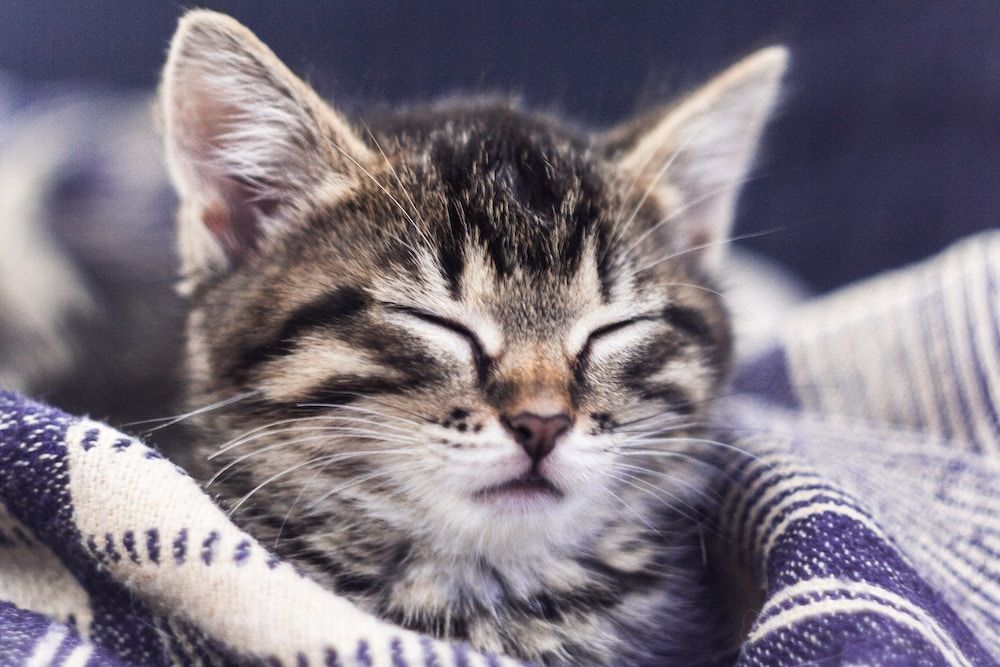Do I Have to Spay or Neuter the Cat?
 November 2, 2023
November 2, 2023
Neutering is the surgical removal of a cat's reproductive organs, including ovaries or testicles. Spaying or neutering cats has become a common practice in many countries. However, there are different opinions and controversies about whether or not to spay or neuter cats. Before deciding whether or not to spay or neuter a cat, we should understand the impact of neutering on the cat and the family.
First and foremost, spaying and neutering can control the cat's fertility. Neutering is an effective method of control for families who do not intend to breed or do not want their cats to reproduce. Spaying and neutering can avoid the hassle and inconvenience of your cat during heat, including abnormal behavior, frequent barking and searching for mates. In addition, neutering can also reduce the stray cat population and control cat overbreeding to reduce the burden on shelters and rescue organizations.
Also, neutering improves cat behavior. Neutering can reduce aggressive behavior and marking behavior, such as urine spraying, in male cats. It can also reduce aggressive behavior and territorial defensive tendencies in female cats. Neutering can make cats more docile and friendly, reduce inappropriate behavior, and improve their harmony with family members and other pets.

However, there is some debate about whether or not to neuter cats. Some people believe that neutering can negatively affect a cat's personality and behavior, such as obesity, lethargy and loss of energy. In addition, surgical risks and concerns about anesthesia and recovery are also reasons for some families to hesitate.
Overall, spaying or neutering your cat is a responsible move that can bring many benefits. Neutering can control your cat's fertility, reduce the risk of disease and improve behavior, while also helping to control the stray cat population and reduce pressure on shelters. However, deciding whether or not to spay or neuter your cat is an individual decision that should take into account your cat's personality, your family's circumstances, and your veterinarian's advice. If you have any doubts or concerns, it is best to consult with a veterinarian so that the best decision can be made to protect your cat's health and well-being.

What Should I Pay Attention to When Grooming My Dog


The Key to Successful Pet Sales: Effective Pet Marketing Strategies


The Benefits of Pet Can Milk: Provide Comprehensive Nutritional Security for Your Pet


What Does the Ragdoll Cat Like to Eat


Are Maine Coon Cats Easy to Keep


Chinese Pet Goldfish Invade North America


A Seven-year-old Chinese Dog Has Won a Competition to Be the World's Ugliest Dog


Russia's 18-year-old Pet Dog Came Back to Life















